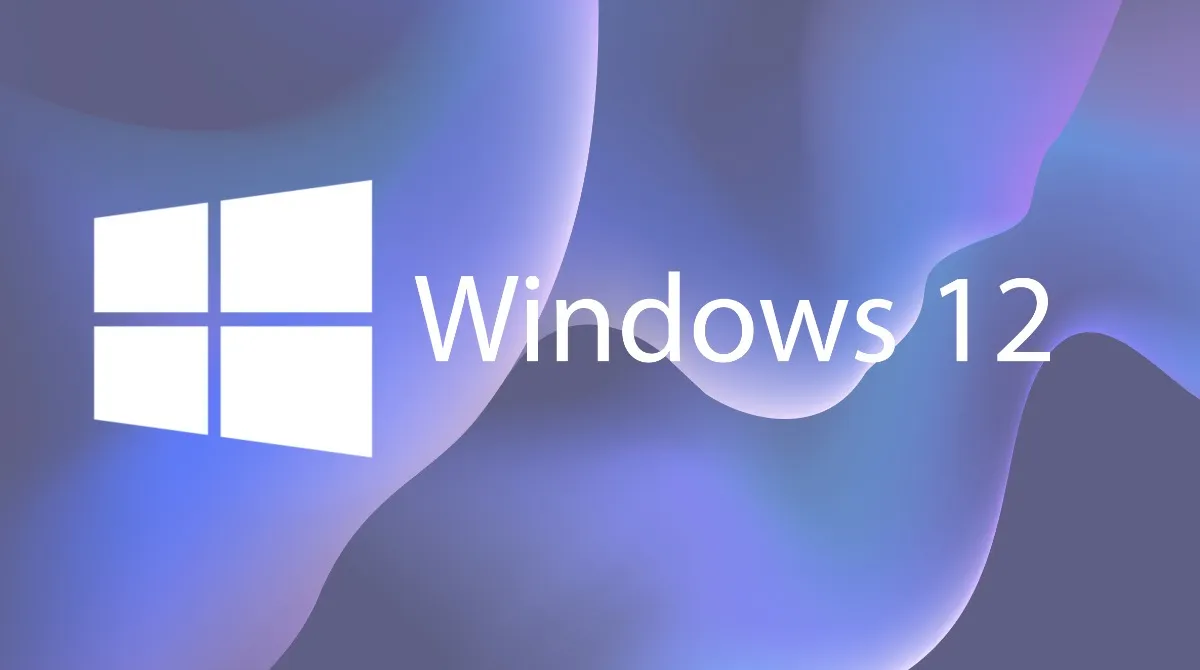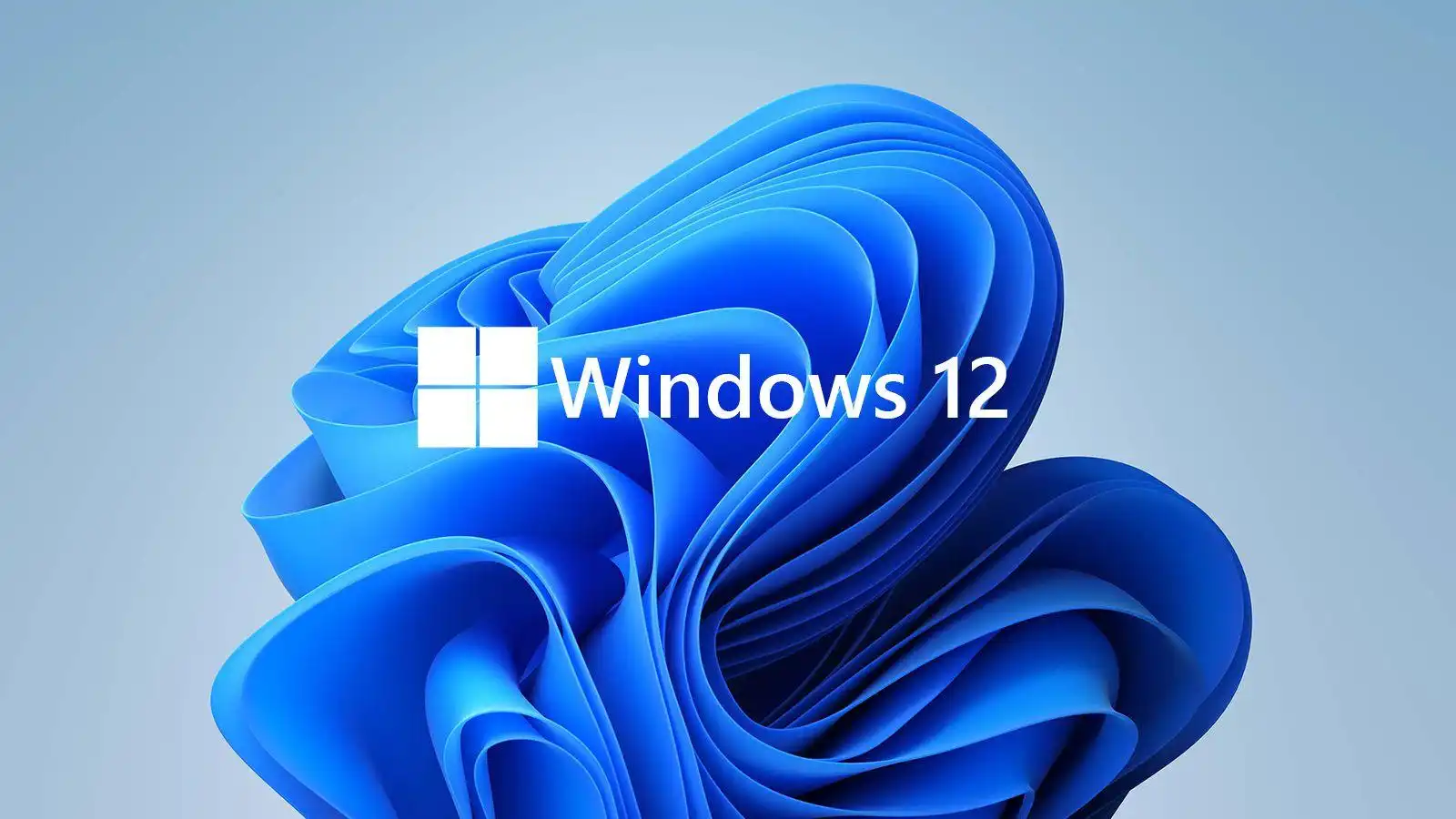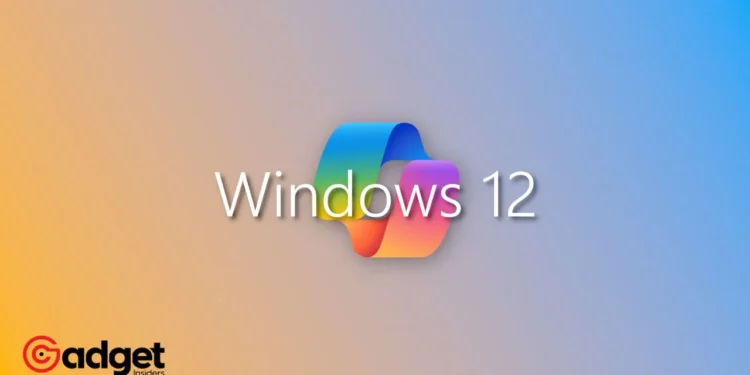The computing world stands on the brink of a transformative era, heralded by the forthcoming release of Windows 12 in 2024. Microsoft, a titan in the tech industry, is set to redefine the baseline for modern computing with specifications that promise to elevate the standard PC into the realm of AI-driven technology. This shift towards “AI PCs” is not merely a trend but a forecast of a future where artificial intelligence becomes integral to our daily digital interactions.

Recent reports, notably from Trendforce, suggest that Microsoft is raising the stakes for what constitutes the minimum hardware for running the next generation of its operating system.
The leap to a 16GB memory requirement for Windows 12 is a clear indication that the future Microsoft envisions is one where its AI assistant, Copilot, is not just an add-on but a core component of the user experience, necessitating unprecedented computational power for optimal functionality.
Redefining Minimum Specifications: A New Benchmark for Entry-Level PCs
The implications of this significant update in system requirements are manifold. In the past, new versions of Windows could comfortably run on machines with modest hardware capabilities. For perspective, Windows 11 demands a mere 4GB of memory, whereas Windows 10 can operate on systems with as little as 1GB for 32-bit versions.
This dramatic increase to a 16GB requirement underlines a pivotal shift in Microsoft’s approach, setting a new standard that aligns with the burgeoning role of AI in our computing environments. This move is anticipated to catalyze a wave of innovation among computer manufacturers.
The necessity to accommodate the advanced capabilities of Windows 12 is likely to make 16GB of memory the new norm for entry-level PCs, ensuring they bear the “AI PC” designation proudly. The industry’s pivot towards these specifications reflects a broader acknowledgment of the integral role that AI is poised to play in the next generation of personal computing.
Windows 12 will be launched with a raft of AI PCs in June 2024, according to Taiwan’s Commercial Times https://t.co/t0TRzOq8qV pic.twitter.com/Jcr8JfCdJC
— Tom's Hardware (@tomshardware) December 1, 2023
The Race for Compatibility: Manufacturers Gear Up
The tech world has watched as giants like Intel, AMD, and Qualcomm have unveiled new systems on a chip (SoCs) designed to meet and exceed the demands of AI-driven computing.
The performance benchmark set by Microsoft for Windows 12—40 TOPS (trillions of operations per second)—presents a clear goalpost for what these new CPUs and APUs must achieve to be considered capable of powering AI PCs.
Intel’s Meteor Lake CPUs, for instance, fall short of this threshold at 34 TOPS, spotlighting the rapid pace at which hardware must evolve to stay relevant. Conversely, Qualcomm’s Snapdragon X Elite chip surpasses this standard with 45 TOPS, exemplifying the kind of hardware innovation that Windows 12 aims to foster.
This competitive landscape not only drives technological advancement but also shapes the future of computing as a domain where AI’s influence is both pervasive and beneficial.

Windows 12: A Future Forged by AI
As we stand on the cusp of the AI PC era, it’s evident that Windows 12 is more than just an operating system upgrade—it’s a catalyst for a fundamental transformation in how we interact with technology. Microsoft’s vision for a future dominated by AI-driven devices is not just ambitious; it’s a reflection of the inevitable evolution of personal computing.
The anticipation surrounding Windows 12 and its requirements signifies a momentous shift in the tech landscape, promising to usher in a new age of innovation, performance, and AI integration. As we look forward to 2024, the dawn of AI PCs beckons, promising a fusion of cutting-edge technology with everyday computing, transforming our digital lives in ways we’ve yet to fully comprehend.










